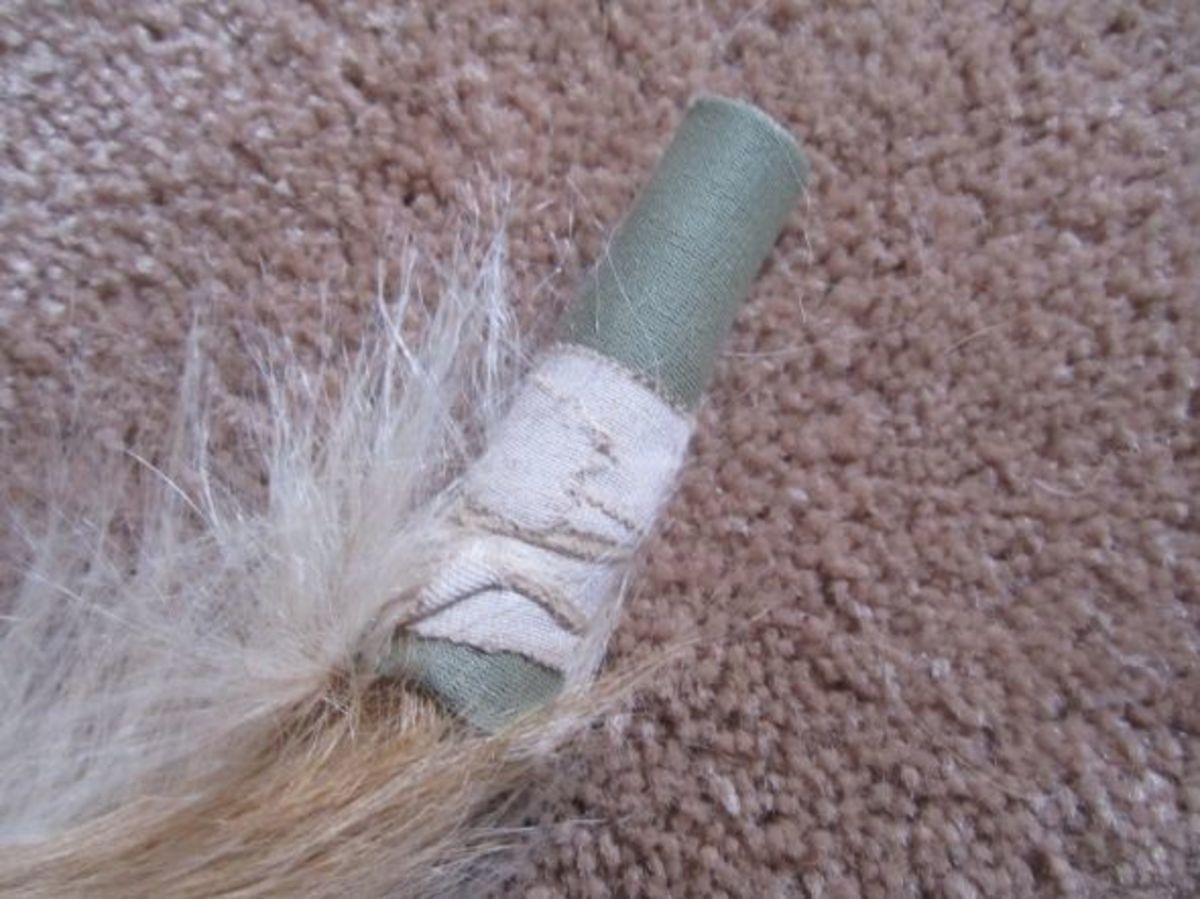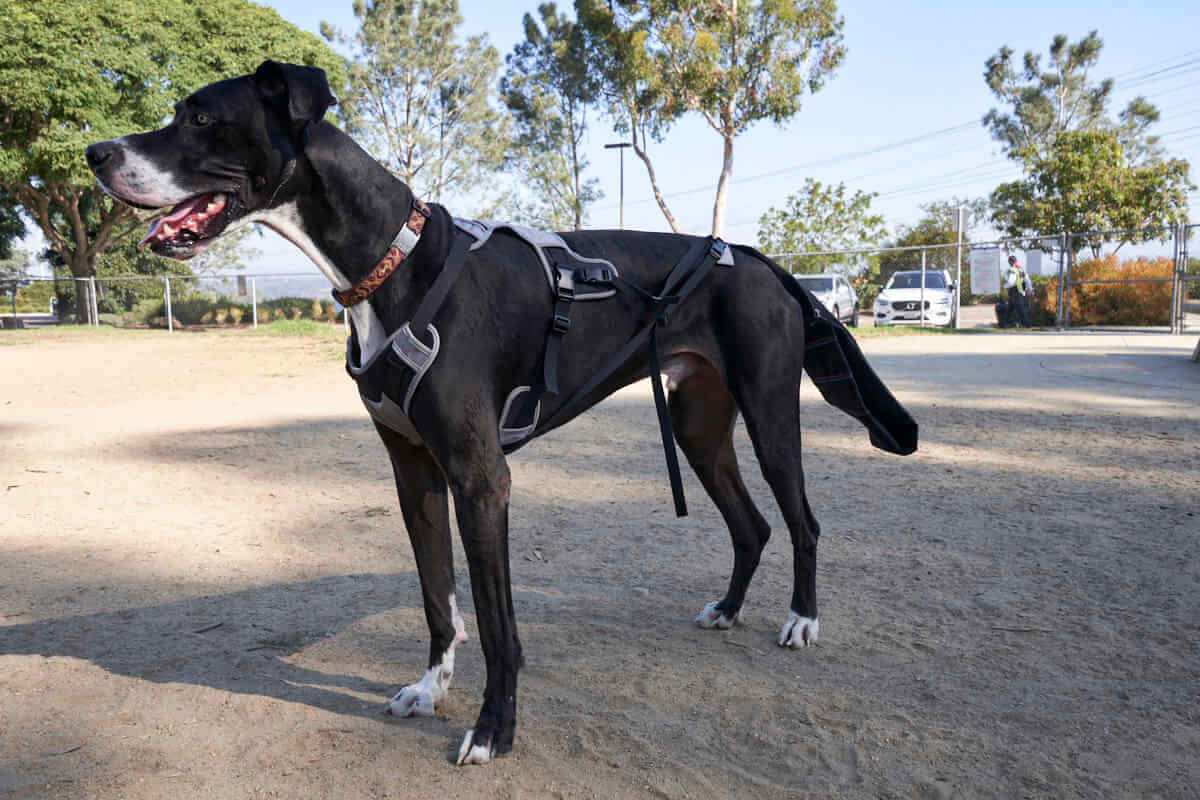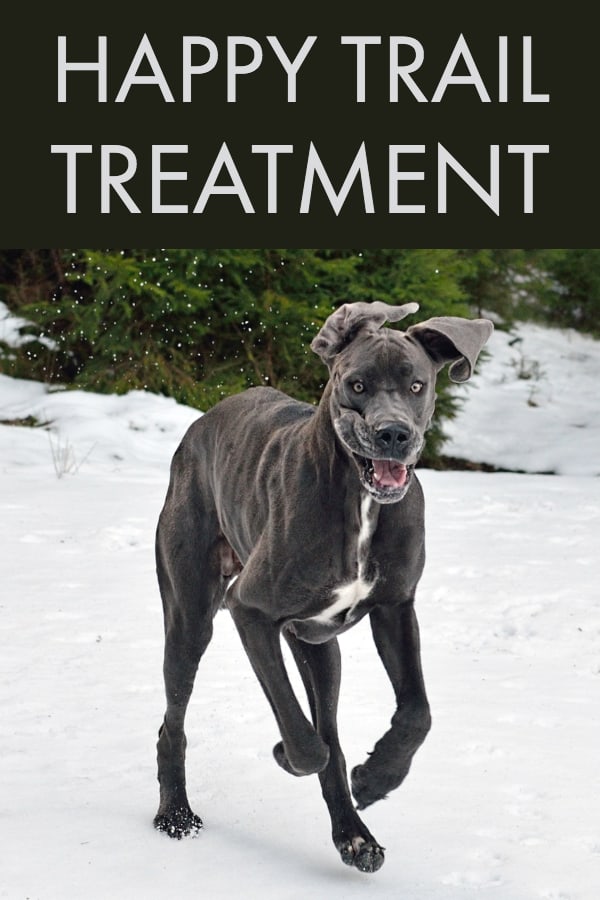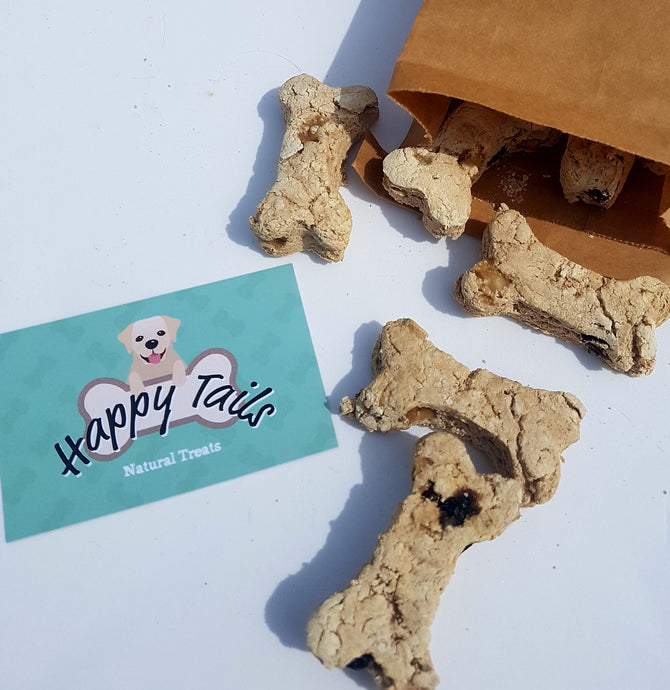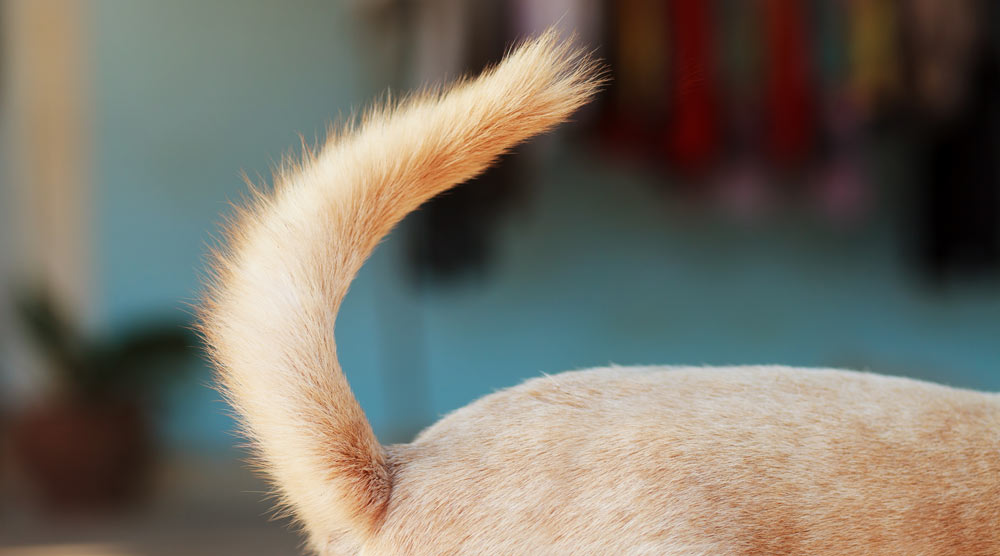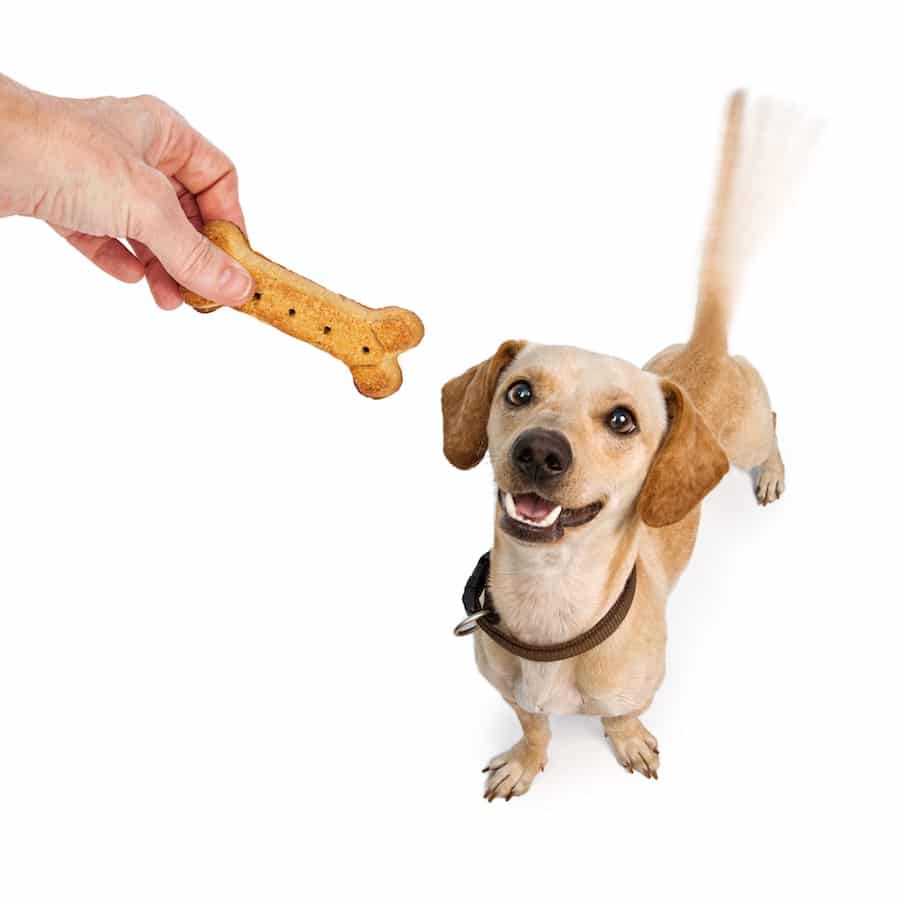Build A Info About How To Treat Happy Tail

Then apply rings around those first pieces of tape, starting at the tip and working.
How to treat happy tail. Treating happy tail syndrome can be a challenge, because our furry friends just can’t resist wagging their tails! Yes, happy tail syndrome is a painful condition once it starts. Clean & apply ointments first things first!
Great dane care 44.9k subscribers subscribe 30k views 4 years ago happy tail syndrome syndrome is a very messy ordeal and can be tough to get fully healed. Happy tail syndrome occurs when dogs wag their tails hard against walls, door jams, furniture, and the skin splits., causing blood on the walls, licking & licking of tail. Bandaging the tail (allow us to help, as this can be difficult to do correctly) the use of laser therapy treatments to speed healing.
How is happy tail syndrome treated? Treatment of happy tail may involve: Antibiotics, pain killers, and bandages can sometimes promote.
If you notice blood stains around the tail, it might be a clear indicator of happy tail syndrome. After any bleeding that may have occurred has stopped, make sure that the cut is clean and clear of any debris. If your dog exhibits signs of happy tail syndrome or you notice wounds on their tail, consult a vet.
Happy tail syndrome is difficult for vets to treat. How to treat happy tail injuries? If you notice hair loss around the tail tip.
To avoid restricting blood flow, do not wrap the bandage too tightly. The sooner a dog starts treatment, the better the chance that the wounds heal. First, apply the tape lengthwise, down the dogs tail and over the gauze and cotton.
Since dogs hit their tail on hard surfaces with enough force, it will reinjure the tail. The tip of the tail where injuries most often occur is, as dr.




